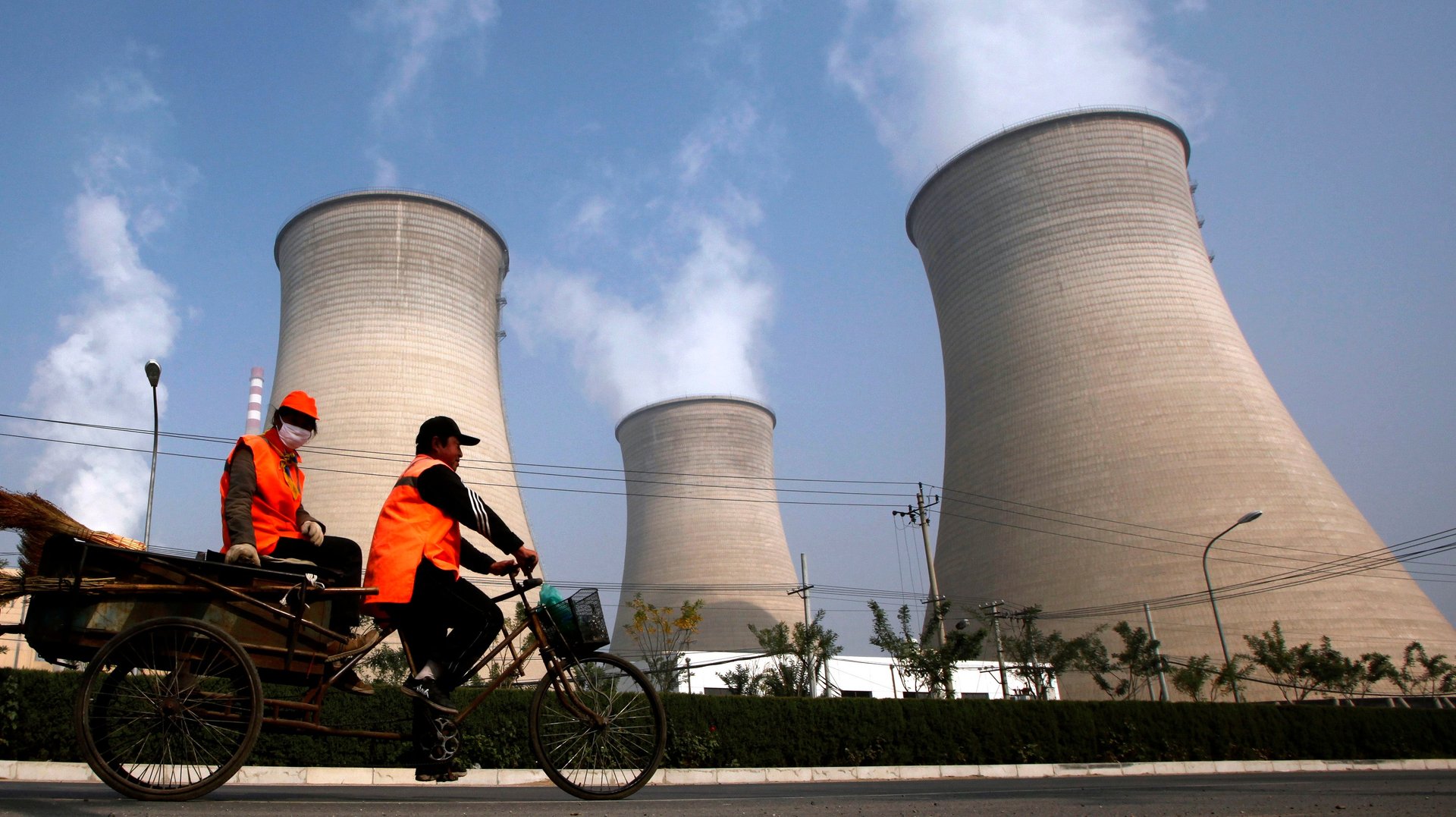Did we just buy decades more time to hit climate goals?
When the Paris climate accord was signed, environmentalists were relieved that finally the world had come together and agreed to work on mitigating climate change. At the same time, many experts were worried about achieving the goals that were set: to keep global warming well below 2°C of pre-industrial levels and try to keep it under 1.5°C.


When the Paris climate accord was signed, environmentalists were relieved that finally the world had come together and agreed to work on mitigating climate change. At the same time, many experts were worried about achieving the goals that were set: to keep global warming well below 2°C of pre-industrial levels and try to keep it under 1.5°C.
Though it seemed possible to keep warming under 2°C, many experts believed there was no way we won’t exceed 1.5°C. That’s because we’ve already crossed the 1°C threshold, and many argue that even if the world stopped emitting all carbon dioxide today, the globe will continue to heat up. Carbon dioxide is highly effective at storing the sun’s energy, and some calculations showed that continued accumulation of the heat in the atmosphere would be enough to go beyond the 1.5°C mark.
To simplify the difficulty of understanding what we must do to hit these goals, the world’s leading experts worked with the Intergovernmental Panel on Climate Change (IPCC) to the introduce the idea of a “carbon budget.” It estimates how much carbon dioxide the world can still emit while still having a likelihood of keeping global warming under a certain threshold.
As of April 2017, the IPCC’s carbon budget for keeping temperature rise below 1.5°C was approximately 160 billion metric tonnes of carbon dioxide. At the current annual rate of emissions—about 40 billion metric tonnes—it would mean the budget would be exhausted in the next four years.
A clarification from the world’s leading experts
Now a new study, published in Nature Geoscience, seems to have changed the game. It suggests that the 1.5°C carbon budget may be closer to about 800 billion metric tonnes. That would buy the world as much as 20 years at current emission levels. The reason to take the study seriously is that it’s published by the world’s leading experts on carbon budgets.
The study, however, seems to have been interpreted poorly in some media reports. That’s forced the lead author Richard Millar of the University of Oxford and his colleagues to publish a clarification:
A number of media reports have asserted that our recent study in Nature Geoscience indicates that global temperatures are not rising as fast as predicted by the IPCC, and hence that action to reduce greenhouse gas emissions is no longer urgent. Both assertions are false.
Why the confusion?
The reason for the confusion has to do with the uncertainties associated with calculating carbon budgets. Glen Peters of Center for International Climate Research finds that, depending on what factors are included, the 1.5°C carbon budget could be anywhere between –200 billion metric tonnes to +1,000 billion metric tonnes—that is, either we’ve already blown past the budget or we have lots of leeway. This measure of uncertainty is not good for policy making.
“The carbon budget concept is a brilliant way to illustrate the importance of zero emissions, the need for rapid mitigation, and to compare different temperature targets,” Peters writes. “The carbon budget concept is less useful for emission pathways, particularly with tight carbon budgets and given that it is possible to exceed the carbon budget using negative emissions.”
The clear answer
So what do policymakers take away from the latest study? Millar and colleagues are clear: “To likely meet the Paris goal, emission reductions would need to begin immediately and reach zero in less than 40 years.”
In short, the urgency with which we must reduce emissions and reach net-zero emissions hasn’t changed.